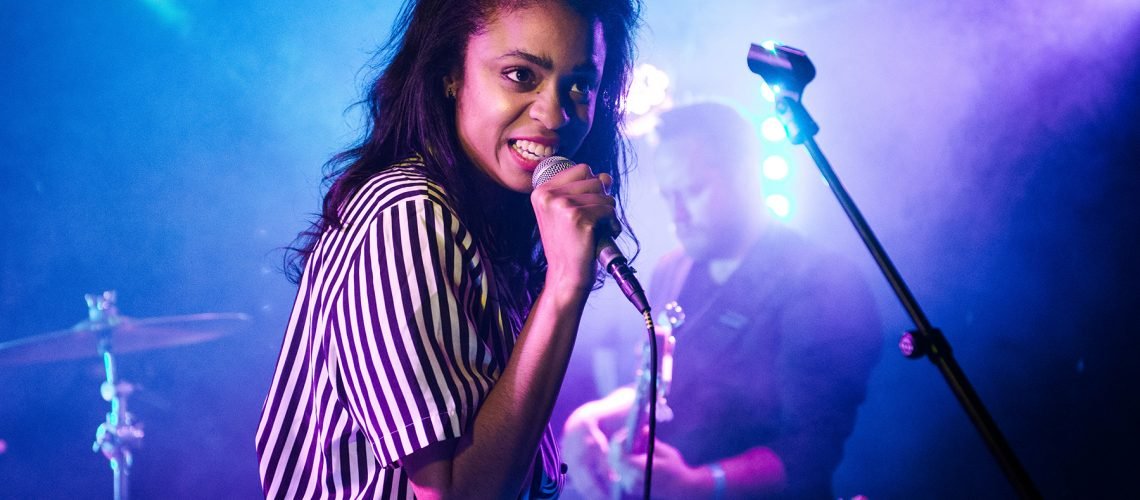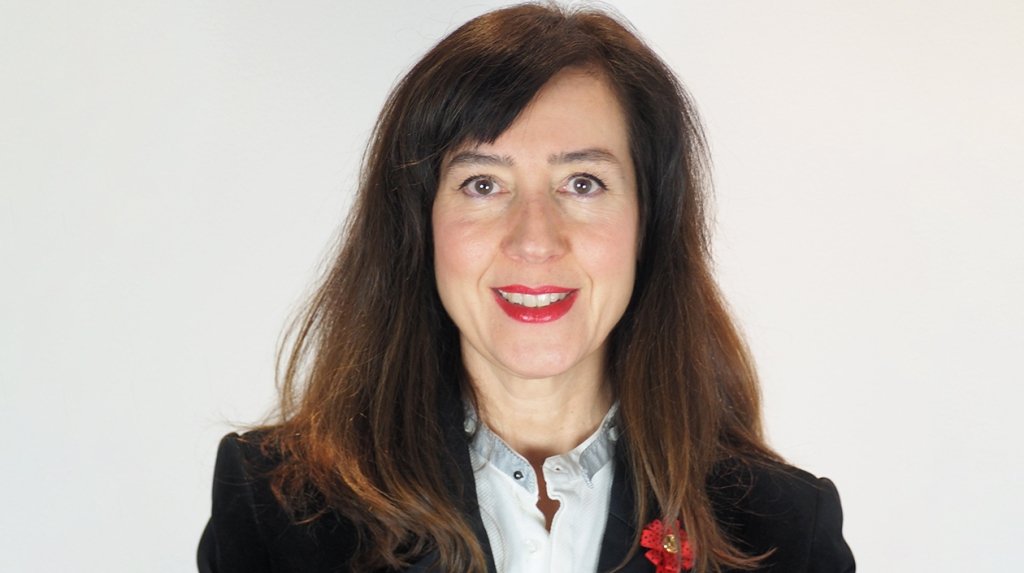It was supposed to be one of the proudest moments of her career. Adia Victoria was performing with her band at the historic Newport Folk Festival last year when, shortly after their set, a prominent artist performing at the festival went up to Victoria’s black drummer and, out of nowhere, asked for a favor. “She assumed that he was the help,” Victoria recounted, “and we’re playing Americana music, we’re playing blues music, this is our music, you’re a guest in our house. The whole power structure is off.”
Victoria’s anecdote was just one of many stories of its kind recounted and shared at Black Equity in Americana, a virtual panel discussion featuring artists like Victoria, Rev. Sekou, Kamara Thomas, and Lilli Lewis, and hosted by the Americana Music Association. (Watch here.) Moderated by the journalist Marcus K. Dowling, the 70-minute conversation on Thursday afternoon was an open dialogue for artists, as well as industry professionals like Muddy Roots Festival’s Jason Galaz, to open up about the structural issues of power, access, and opportunities in the extended Americana music industry. Panelists shared the many instances of Americana microaggressions and racism, both subtle and overt, that most all artists of color working in this space have faced on a regular basis over the years.
The panel conversation was the first in an ongoing series of discussions addressing what has long been an inequitable playing field for white artists and artists of color in Americana music, which, like so many ostensibly progressive subsets of the music industry, is facing a moment of open racial reckoning after years of slow-building frustration from the genre’s underrepresented artists. In addition to power and access, the panel explored the idea of cultural appropriation in roots music; the white gaze inherent in the industry’s predominantly white-led institutions; and the stark representative dynamics of black women backup singers frequently being deployed to support white male solo artists.
“The genre has all of these questions and reckoning that it has to come to terms with,” said Rev. Sekou, who went on to discuss the unearned royalties and bad deals that still plague the families of the black artists who recorded much of the music in the Fifties and Sixties that contemporary Americana is rooted in.
Each artist on the panel offered profound insights. Kamara Thomas spoke about the many stories that aren’t being told in song because of the homogeneity of voices that rise to the top of the commercial genre. Speaking from her experience as both an artist and a manager at the New Orleans label Louisiana Red Hot Records, Lilli Lewis discussed the dire need for more black people working behind the scenes in the business.
“We have to build businesses, we have to build press outlets that don’t discriminate, we have to build radio shows that don’t discriminate,” said Lewis. “Occupy any space that you feel that you’re not present and represented.”
Halfway through the panel, Victoria implored her white peers to take on the task of making the Americana space more equitable. “We’re not the problem,” she said, speaking for the fellow marginalized artists in the industry, “and we’re not going to be the solution.”




